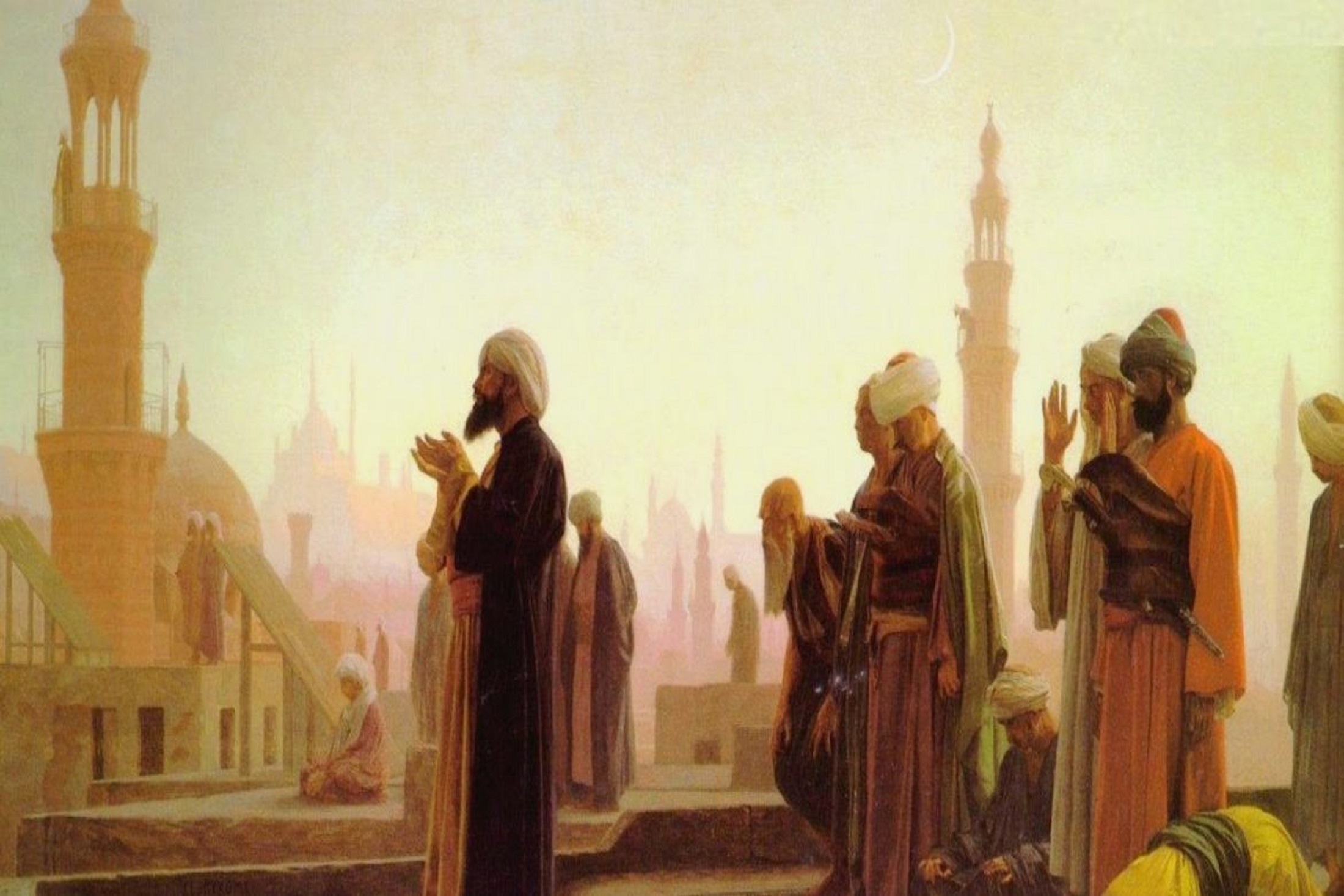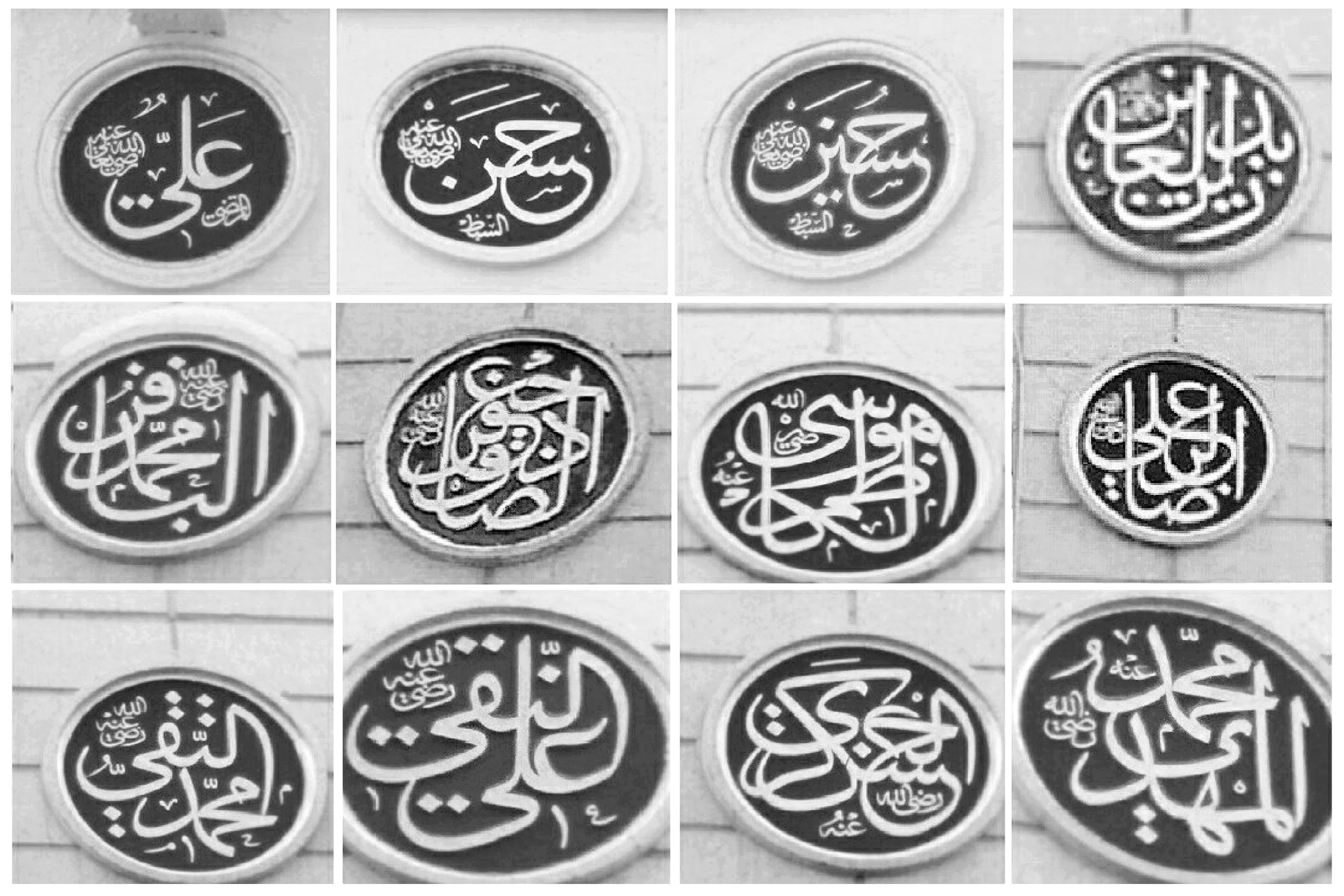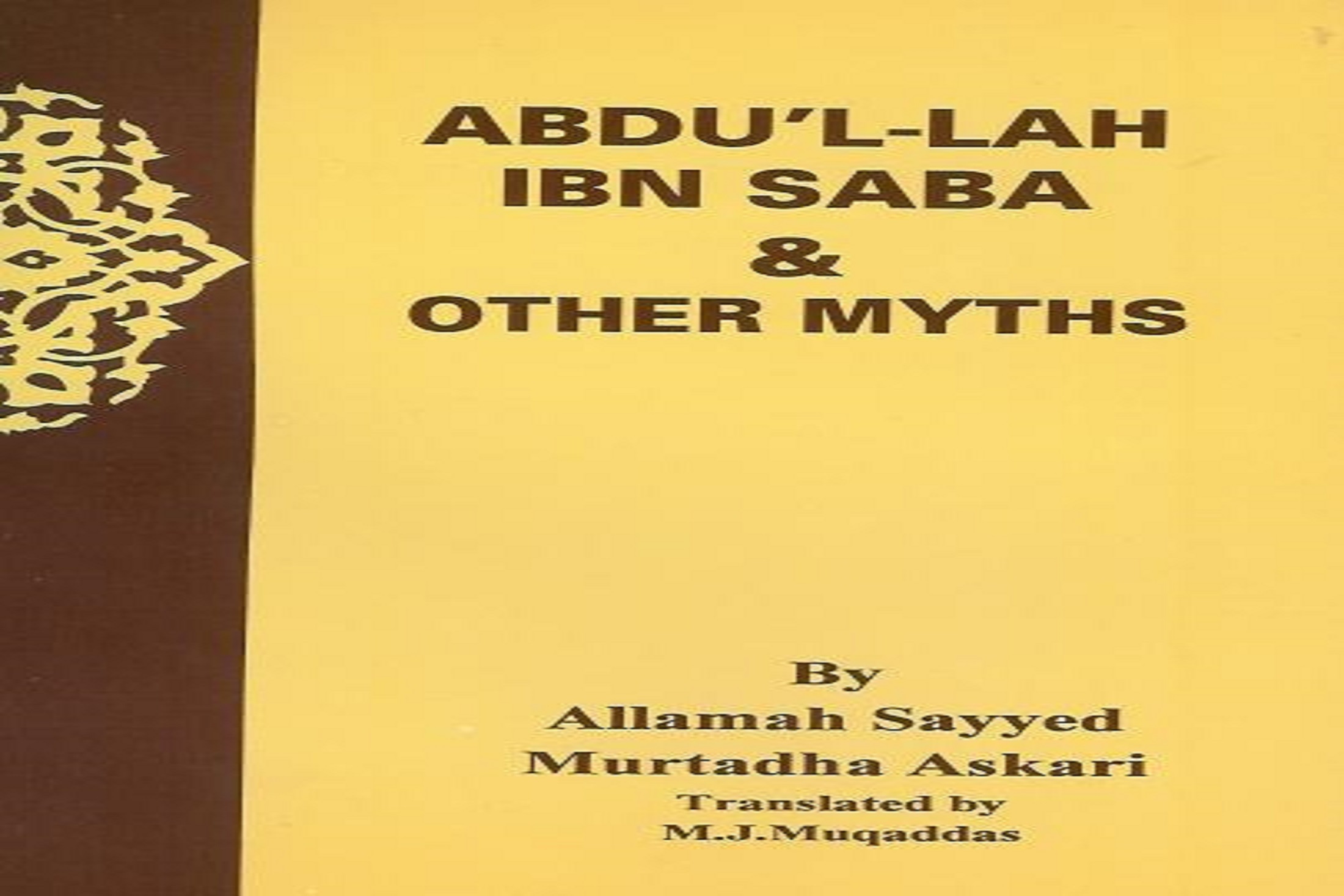Al-Asharah Al-Mubashsharah: A Fabricated Tradition – Part I
Among the well-known and famous Sunni traditions is the tradition of Asharah-e-Mubashsharah. In Arabic Asharah means ten and Mubashsharah implies those who have been given glad tidings. So Asharah-e-Mubashsharah is a tradition narrated by the Holy Prophet (s.a.w.a.) that promised paradise to ten of his companions. Based on this, the Ahle Tasannun claim that these ten individuals are the most superior and criticizing them is not permitted as Paradise awaits them.
Reply
Only a brief analysis of the tradition is sufficient to conclude that it is a fabricated and concocted narration. It fails the test on chain of narrators and there are many discrepancies with other traditions and historical reports. For this reason, this tradition is rejected by scholars and cannot be used as an argument in support of the companions.
Clearly, due to the importance of certain companions included among the Asharah-e-Mubashsharah, the Ahle Tasannun have not investigated this tradition with the same scrutiny as Hadith-e-Ghadeer or Hadith-e-Saqalain. So we have scrutinized this tradition so as to put the issue beyond all doubt. However, we do not aim to refute the virtues and glad tidings of Paradise which have been widely recorded for companions like Ali Ibn Abi Talib (a.s.), Ammar Ibn Yasir (r.a.), Salman-e-Muhammadi (r.a.), Miqdad Ibn Aswad (r.a.), Bilal-e-Habashi (r.a.), Abdullah Ibn Salaam (r.a.), Amr Ibn Hamiq al-Khuzaaee (r.a.), etc.
Even some of the taabe’een (those who have not seen the Holy Prophet (s.a.w.a.) but have seen his companions) like Owais-e-Qarani (r.a.) had received glad tidings of Paradise from the Holy Prophet (s.a.w.a.). The difference is that the aforementioned companions and taabe’een are righteous according to BOTH sects, while the Asharah-e-Mubashsharah are righteous according to the Ahle Tasannun only. So consensus (Ijmaa’) suggests the former group is more deserving of Paradise than the latter.
Text of the tradition
Some companions have narrated this tradition from the Holy Prophet (s.a.w.a.)
- Narration of Abdul Rahman Ibn Awf
Ahmed Ibn Hanbal in his Musnad, Tirmidhi in his Sunan and Nesaai in his Fazaael-e-Sahaabah have narrated from Qutaibah Ibn Saeed from Abdul Aziz Ibn Muhammed Daravardi from Homaid and he from his father Abdul Rahman Ibn Awf that the Messenger of Allah (s.a.w.a.) reportedly said:
Abu Bakr is in paradise, Umar is in paradise, Usman is in paradise, Ali is in paradise, Talha is in paradise, Zubair is in paradise, Abdul Rahman Ibn Awf is in paradise, Saad is in paradise, Saeed is in paradise and Abu Ubaydah Ibn Jarrah is in paradise.
- Musnad-o-Ahmed vol. 1 p. 193
- Sunan-o-Tirmidhi vol. 5 p. 627
- Kitab al-Manaaqeb Bab-o-Manaaqeb-e-Abd al-Rahman Ibn Awf in Fazaail-o-Sahaabah p. 28
After recording the abovementioned tradition, Tirmidhi writes – Musab has informed us through Abdul Aziz Ibn Muhammad from Abdul Aziz Ibn Homaid from his father from the Messenger of Allah (s.a.w.a.) and Abdul Aziz Ibn Homaid has not narrated it through Abdul Rahman Ibn Awf.
Due to the following reasons, this tradition is ambiguous:
- There can be no doubt that Tirmidhi’s report from Musab is a ‘mursal’ tradition. A tradition is said to be mursal when no one has directly heard it from the Holy Prophet (s.a.w.a.) or the infallible Imams (a.s.) and is narrated from them without any channel. In other words, a mursal tradition is a tradition whose last narrator is not mentioned or known. This is a mursal tradition because Homaid Ibn Abd al-Rahman Ibn Awf had never seen the Holy Prophet (s.a.w.a.) so could not have heard it from him (s.a.w.a.).
- Even according to the first narration, this tradition is clearly mursal because according to Fallaas, Ahmad Ibn Hanbal, Abu Is’haaq al-Harbi, Ibn Abi Aasim, Khalifah Ibn Kheyaat, Yaqoob Ibn Sufyan and Ibn-e-Moayyan – Homaid Ibn Abd al-Rahman died in 150 Hijri (Tehzeeb al-Tehzeeb vol. 2 p. 30). At death, he was 73 years old, implying that in 32 Hijri when his father Abdul Rahman Ibn Awf died either Homaid Ibn Abdul Rahman Ibn Awf was recently born or about 1 year old. In that case, how is it possible for Homaid to narrate the tradition from his father when he had only seen his father for a few days? That was the reason why Bukhari had said that the tradition of Homaid Ibn Abdul Rahman Ibn Awf through Saeed Ibn Zaid is more correct as compared to his tradition through his father Abdul Rahman Ibn Awf(Sunan-e-Tirmidhi vol. 5 p. 647)
- In this tradition Homaid Ibn Abdul Rahman Ibn Awf cannot be exempted from lying and fabrication because he was among the people who were appointed by Muawiya to fabricate traditions.
- Since the name of the narrator of this tradition, Abdul Rahman Ibn Awf is also present in the tradition among the ten people of Paradise, it is highly probable that he may have fabricated this tradition for his own fame and glory.
- Abdul Aziz Ibn Muhammad Ibn Ubaid is also one of the narrators of this tradition. According to many experts in the chain of narrators, he has been a subject of blame, criticism and falsehood.
Abu Zar’ah says his memorization power is not good. Nesaai does not consider him reliable in narrating traditions.1 Abu Haakim says that traditions narrated by him cannot be taken as proofs.2 Ibn Hajar says except 2 traditions Bukhari has not narrated any tradition from him and even these 2 traditions he has attributed to Abdul Aziz Ibn Abi Haazim and other narrators.
- Narration of Saeed Ibn Zaid
Most of the chains of this tradition revert to Saeed Ibn Zaid Ibn Amr Ibn Nufail-e-Adudee.
Five of them have narrated from him:
- Tradition of Abdullah Ibn Zaalim Mazati Haakem Neshapuri documents in his Mustadrak that Bukhari and Muslim have not relied on the traditions of Abdullah Ibn Zaalim as proof. (Al-Mustadrak Alaa al-Saheehain, vol. 3 p. 316,317). Zahabi in Talkhis al-Mustadrak, mentioning Abdullah Ibn Zaalim, Bukhari says his tradition is not Saheeh (correct). (Al Mustadrak alaa al-Saheehain vol. 3 p. 316,317)
- Tradition of Abd al-Rahman Ibn Akhnas Ibn Hajar has interpreted him as ‘’Mastoor – Veiled one”1 and al-Sarakhsi has explained that this term means that he was among the group of transgressors and disbelievers, who lacked intellect and gave in to their base desires.2 Muhammad Ibn Hasan Shaybaani has stated categorically that his tradition is like the transgressor’s narration. While the condition for a correct narration is that the narrator should be known for his just disposition. Also, in this narration there is another ambiguity in the shape of Muhammad Ibn Talhah Ibn Musarrif Yaami Kufi who Nesaai, among others, does not consider reliable; Ibn Moayyan considers him weak and Ibn Sa’d says he is a transmitter of fabricated traditions.
- Tradition of Homaid Ibn Abd al-Rahman Ibn Akhnas : The tradition of Homaid Ibn Abd al-Rahman Ibn Auf is narrated from Saeed Ibn Zaid from his son Abd al-Rahman Ibn Homaid from Umar Ibn Saeed Ibn Shuraih al-Madani from Moosa Ibn Yaqoob Zam’ee and he has narrated the tradition of Asharah-e-Mubashsharah from Muhammad Ibn Ismail Ibn Abi Fadeek.Earlier we have already mentioned about Homaid Ibn Abd al-Rahmaan. But Ali Ibn Madini has considered Musa Ibn Yaqoob as a weak transmitter and denier of tradition and Nesaai has not considered him as reliable.3 Ibn Saad has considered Ibn Abi Fadeek as unreasonable. (Tahzeeb al-Tahzeeb, vol. 5 p. 42)
Tradition Of Riyaah Ibn Haaris
The tradition of Riyaah has been narrated on an individual basis by Saeed Ibn Zaid from his grandson Sadaqah Ibn Mansha Ibn Riyaah from Yahya Ibn Saeed Qataan and Isa Ibn Yunus from Hisham Ibn Ammar and Abdul Wahid Ibn Ziyaad and they from Abu Kamil Muzaffar Ibn Mudrak. Regarding Hisham Ibn Ammar, Abu Dawood records that he has narrated 400 ‘Musnad’ traditions all of which are baseless, concocted and false. (Tahzeeb al-Tahzeeb, vol. 6, p. 37)
Regarding Abdul Wahid Ibn Ziyaad Abadi Basri, Zahabi has written that Yahya and Ibn Habbaan have not taken him into account at all, and Zahabi himself writes about him, “He is of a whimsical character.” (Tazkerah al-Huffaaz, vol. 1 p. 258)
Continued in part II ……



